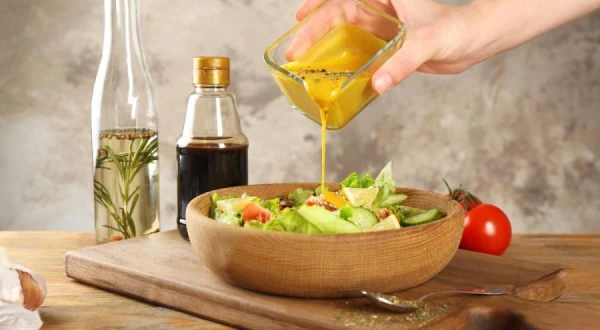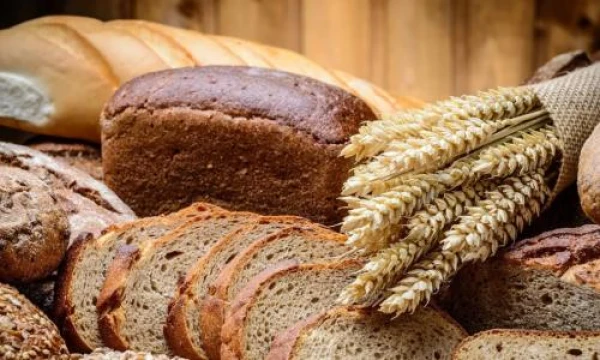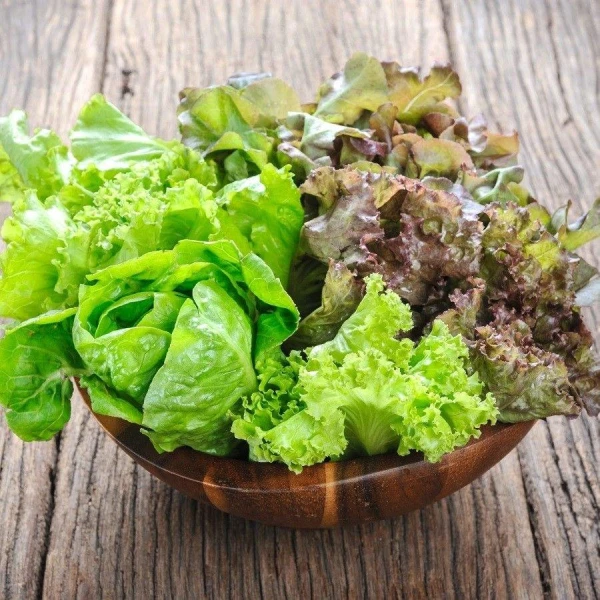
Mustard is an integral part of many dishes, from meat to aspic for New Year's. It can be spread on a sandwich with fried sausage or served with sausages and hot dogs. But have we thought about how beneficial this sauce is for our health? What can it offer us?
Mustard is one of the oldest sauces known to humanity for many centuries. Like famous herbal liqueurs and strong alcoholic beverages, mustard was originally used for medicinal purposes. Therefore, the plant itself and its seeds have significant benefits.
Benefits of Mustard
“The ground mass and mustard oil surpass even olive oil in their composition and properties,” says Svetlana Peres de Montes Ratheringk, a clinical geneticist and nutritionist. “They contain volatile ethers, unsaturated fats, fat-soluble vitamins A and K, water-soluble B vitamins and vitamin C, as well as various minerals.”
Mustard has pronounced healing properties:
stimulates the production of gastric juice, which is especially beneficial in cases of low acidity;
vitamin C and essential oils in mustard help to liquefy phlegm and improve its expulsion;
suppresses the growth of pathogenic flora in the gastrointestinal tract;
accelerates healing and tissue regeneration;
has a pronounced blood-stimulating effect due to glycosides;
accelerates the absorption and processing of fats, reducing the risks of cardiovascular diseases;
gently stimulates intestinal peristalsis, acts as a mild choleretic agent, and has antioxidant properties.
It is important to note that mustard is beneficial not only in cooking. Mustard powder warms and is used for mustard plasters and warming compresses (for example, in socks during colds).
In addition, mustard powder can be used for washing dishes and cleaning kitchen surfaces, as it effectively absorbs and removes grease due to the presence of allyl oil. It can also remove stubborn stains from furniture and neutralize unpleasant odors.
“Mustard powder can preserve meat without refrigeration for several days, preventing decay,” adds Peres de Montes Ratheringk.
Russian or Dijon Mustard?
Among fans of this spice, there are often debates about which mustard is better: regular or Dijon? In fact, it all depends on personal preferences — “to each their own.”
“Both seasonings make dishes more expressive and have similar positive properties and vitamin components, but they also have their contraindications,” warns the expert.
Russian mustard has a sharper and spicier taste, as well as a simple composition. It consists of mustard powder, water, vegetable oil, and salt, sometimes with the addition of acid: lemon juice, vinegar, or citric acid. This mustard is served with meat, aspic, dumplings, and used in salad dressings.
Dijon mustard, on the other hand, is more delicate and slightly sweet in taste, containing whole seeds instead of ground mass, which makes its flavor milder. It is more often used in sandwiches, hamburgers, sweet marinades, sauces for fish, and hot meat and vegetable dishes.
This seasoning has a mildly sweet, slightly creamy, spicy, and sharp taste. It is made from mustard seeds with the addition of various ingredients: brown mustard seeds, verjuice (juice of unripe grapes, also known as agra), white wine or wine vinegar. The composition may include anchovies, seaweed, garlic, hot pepper, tarragon, honey, and various nuts.
In addition to these two popular types of mustard, there are others:
Black mustard (Brassica nigra Koch). A sharper and brighter product, originating from the Middle East.
White mustard (Brassica alba Boiss). Lacks aroma and is coarser in taste, thus requiring the addition of extra spices. Its origin is the Mediterranean countries.
Sarson leaf mustard (Brassica juncea Czern). Comes from China and India. The leaves have a pronounced mustard flavor, and the stems and seeds of the plant are edible.
Dutch mustard. In Duisburg (a city in Holland), mustard has been produced since 1457, and to this day, the product made according to the old recipe can be found in local stores.
Harm of Mustard
Even the most beneficial product has its contraindications. Consuming mustard in large quantities can be harmful to health.
Mustard is contraindicated in cases of:
increased acidity of the stomach;
kidney diseases (especially in cases of nephritis and pyelonephritis);
acute inflammatory bowel diseases: gastritis, enterocolitis, ulcers;
varicose veins (even with external use);
food allergies;
in childhood (under 3 years).
“It is not advisable to indulge in the seasoning during dinner and before bedtime,” advises Peres de Montes Ratheringk, “as its sharp taste can irritate receptors and activate metabolic processes, which may affect falling asleep.”
Excessive consumption of the spice can lead to bradycardia, inflammation of the gastric mucosa, and exacerbation of inflammatory bowel diseases.
What amount of mustard is safe for consumption?
In the absence of contraindications, an adult can eat 1-2 teaspoons. “Children under 12 years old should better avoid mustard altogether,” warns the expert, “due to its ability to increase acidity.”
“I would also recommend not consuming mustard too often,” she adds. “The more we eat spicy food, the poorer our spectrum of taste perception becomes due to hyperstimulation and irritation of the receptors. Restoring receptor sensitivity is quite difficult. Therefore, it is better not to eat mustard more than two to three times a week.”













Leave a comment